Miami-based Developer Future of Cities Receives Unanimous Approval of $5.5 Million Incentive Package and Multifamily Rezoning from Jacksonville City Council for Phoenix Arts & Innovation District
Completion grant will support adaptive re-purposing of warehouses and greenspace while the rezoning will allow for 830 multifamily units to be built over the span of 8.3 owned acres.
JACKSONVILLE, Fla. — June 27, 2024 — Miami-based real estate developer Future of Cities (FoC) announced today it received approval of an incentive package totaling $5.5 million from the City of Jacksonville’s Office of Economic Development, as well as the approval of rezoning of its planned unit development (PUD) to permit commercial and multifamily residential uses for the Phoenix Arts & Innovation District (PHXJAX). The package and rezoning, outlined in Ordinances 2024-0418 and 2024-0348, were approved by the Jacksonville City Council on June 25, 2024.
“Today is a pivotal milestone for Phoenix Arts & Innovation District and the city of Jacksonville. This incentive package is a testament to the collaborative outcomes possible through genuine public-private partnerships. This is a major win for all of Jacksonville including the local artists, small businesses, greater Downtown residents and overall community to demonstrate to the world that creativity and capital investments work best when they work together.”
Tony Cho | CEO and Founder of Future of Cities and Founding Managing Partner of PHXJAX
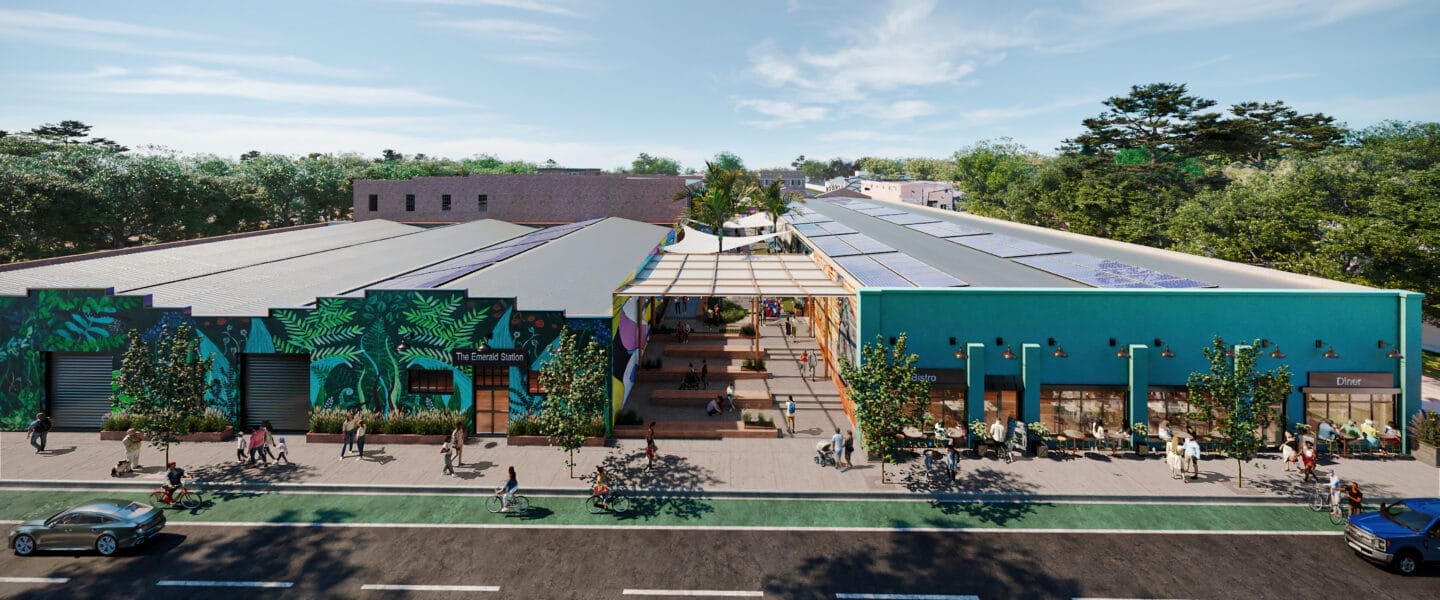
PHXJAX is a regenerative placemaking demonstration project comprising 10 separate properties across 8.3 acres located in a federally designated Opportunity Zone in the North Springfield neighborhood of Jacksonville, Florida. The funds outlined in the Economic Development Agreement between Future of Cities and the City of Jacksonville will be provided in two phases as a Completion Grant in the amount of $2 million for each phase to support the
adaptive rehabilitation of four warehouses and green space, transforming it into event and gathering spaces, creative office space, artist studios, galleries, retail and restaurants. In addition, the City of Jacksonville has authorized a 50% 15-year recaptured enhanced value (REV) grant not to exceed $1.5 million. In the Emerald Station’s creative offices property located at 2320 N. Liberty Street, PHXJAX is also providing dedicated office space to the Jacksonville Small and Emerging Business (JSEB) organization, which is a small business incubator run by the City of Jacksonville. These grants, coupled with Future of Cities’ investment of nearly $38 million into the project, demonstrate the strength of a public/private partnership approach when developing a community-focused project.
“People always ask us, ‘Why Jacksonville?’ And we ask, ‘Why not Jacksonville?’ Jacksonville has all the fundamentals to compete with other major Florida metros and it has been a true pleasure to work in Jacksonville with the support of the Mayor’s Office, City Council and the City’s exceptional, dynamic and diverse communities.”
Michael Weil | Chief Operating Officer of FoC and PHXJAX.
The first phase of the PHXJAX development began in December 2023 with the commencement of construction of The Emerald Station, featuring creative offices, community gathering spaces and a warehouse event facility. Construction has also begun on the Liberty Building, which will house 17,850 square feet of office, studios, galleries, small-format retail and restaurants. Complementing these buildings is a property located at 2335 Market Street that will be an outdoor market space serving as a greenspace for community activity. The district also includes a hub of the Emerald Trail, a planned network of 30+ miles of trails, greenways and parks connecting the urban core neighborhoods of Jacksonville. The Emerald Station is scheduled for completion in the third quarter of 2024 while the Liberty Building is scheduled to be completed in
the second quarter of 2025.
“This support from the City of Jacksonville is essential to the PHXJAX vision to co-create with the community a space for catalyzing art, culture and innovation to serve the greater good. As a third generation Jacksonvillian, I am so excited to help bring this project to life for Jacksonville as the first demonstration project of Future of Cities.”
Emily Moody, Vice President and Chief Experience Officer of PHXJAX
Tony Cho’s previous projects include the Wynwood Arts District and the Magic City Innovation District Little Haiti, both located in Miami, Florida. Emily Pierce and Hayden Phillips from Rogers Towers led the rezoning efforts on behalf of
PHXJAX. The Emerald Station pre-leasing opportunities are available now. For more information, visit phxjax.com/emeraldstation.
About PHX JAX | The Phoenix Arts & Innovation District in Jacksonville, FL, is a regenerative placemaking project dedicated to building equity through community, arts, and culture, aiming to provide a global platform for artists and business incubation in Jacksonville’s North Springfield neighborhood. Collaborating with artists, residents, cultural instigators, and change makers in
Jacksonville, the initiative by the Future of Cities team focuses on creating a vibrant, diverse neighborhood. To learn more about upcoming events and opportunities to get involved, visit phxjax.com.
About Friends of Phoenix | The non-profit arm of the PHXJAX project, Friends of Phoenix, is committed to fostering community engagement, enhancing educational opportunities and cultural experiences, by driving innovation. Aligning with the broader mission of the Phoenix Arts & Innovation District, Friends of Phoenix operates through four pillars: Arts and Culture, Sustainability, Technology, and Financial Stability.
About Future of Cities | Future of Cities was created to reimagine how we live, work, play and learn as a mission-driven platform invested in transforming the built environment. We take a holistic place-based approach to regenerative development to adopt environmental, social and governance (ESG) strategies that improve the quality of urban living across the globe.
Co-Working. Podcast Studio. Events
The Climate & Innovation HUB Miami is designed to cultivate a symbiosis between our local & global ecosystem of innovators, change makers & tastemakers to lead the next generation of Regenerative Placemakers.
___________
CO-WORKING | THE REEFLINE
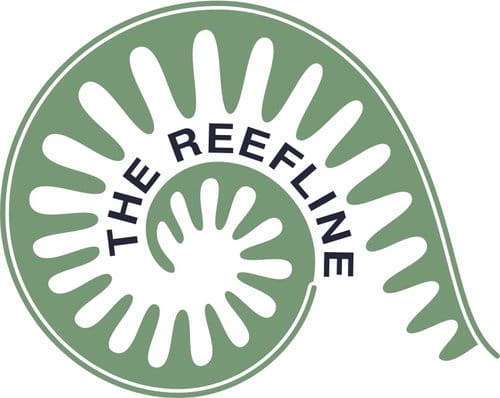
We are extremely excited to introduce the newest addition to our ecosystem of innovators working on changing the future at the Climate & Innovation HUB – Miami as they prepare to deploy their underwater sculpture installations in Miami Beach this Fall!
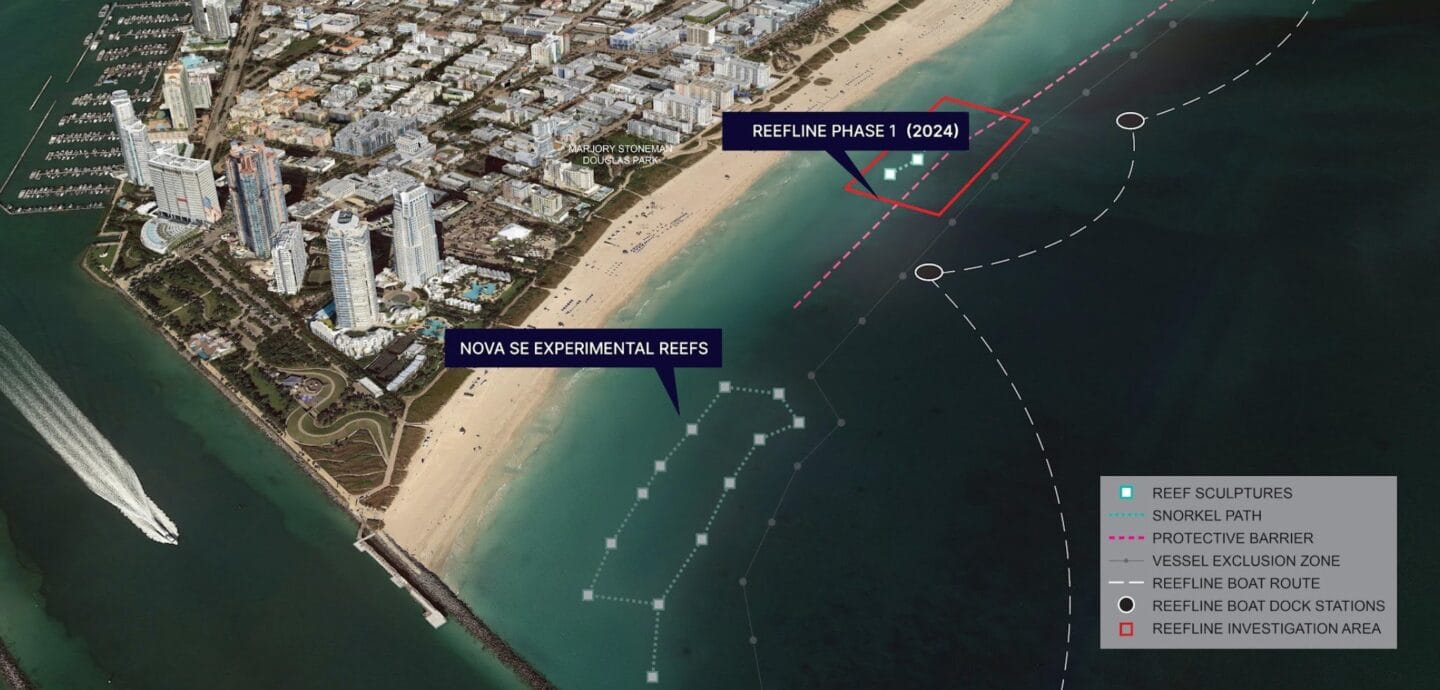
Art as a Tool For Change | The Reefline is a 7 mile underwater public sculpture park, snorkel trail and purpose-built reef +600ft off of Miami Beach ~ launching Fall 2024
Want to book co-working day pass at the Climate & Innovation HUB? Email info@focities.com
___________
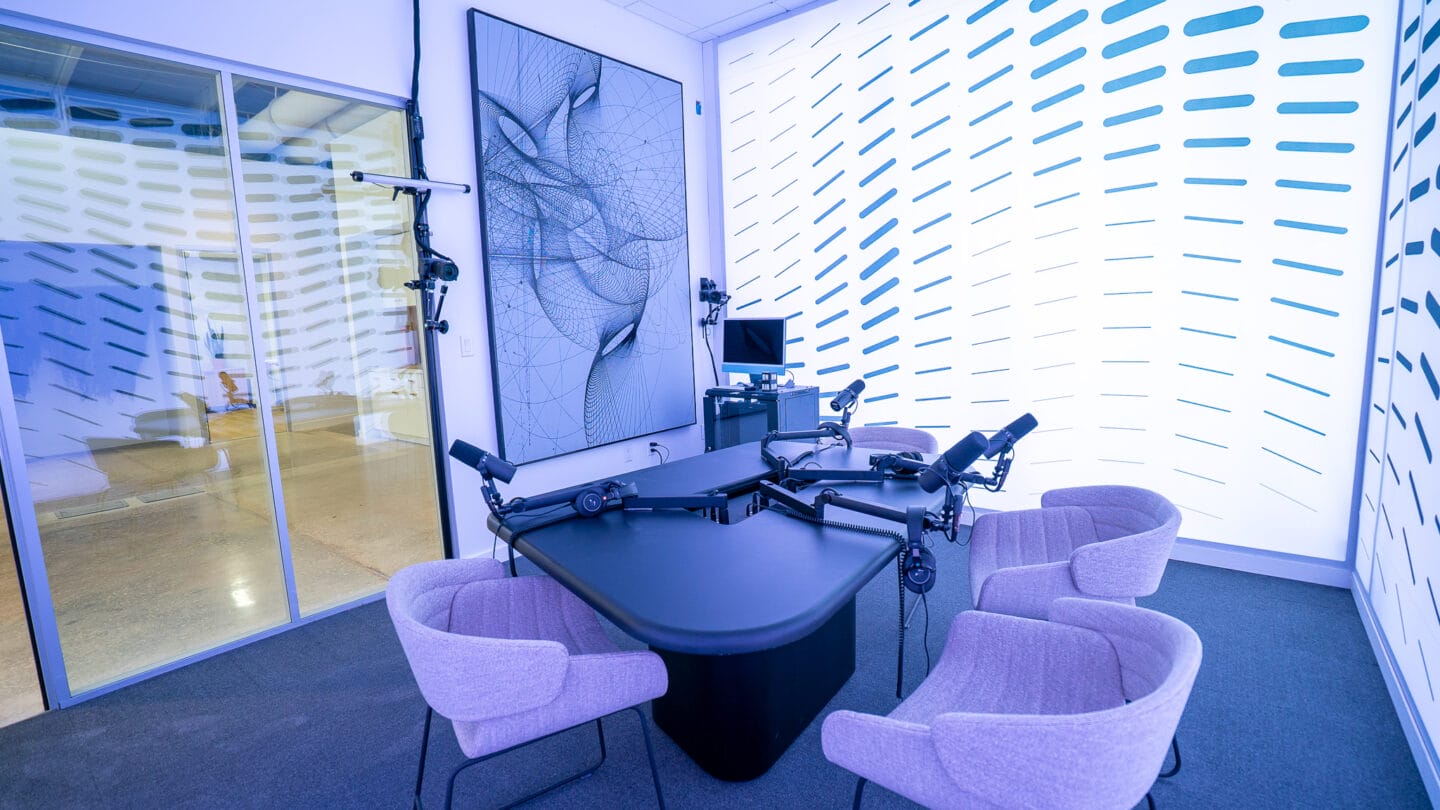
PODCAST STUDIO HIGHLIGHTS | Path of the Panther x Wildpath
The Path of the Panther team used our podcast studio at the Climate & Innovation HUB co-working space to record an educational podcast designed to foster human and natural systems learning in children. Through captivating place-based storytelling, interviews with ecologists, ranchers and tribal leaders, and immersive landscapes, young listeners will gain a deeper understanding of the role of the Florida panther as a cultural and ecological keystone species, an organism that helps define an entire ecosystem. Stay tuned for more coming Fall 2024 …
Want to book the podcast studio at the Climate & Innovation HUB? Email info@focities.com
___________
SPRING EVENTS
TASTEMAKERS – Lengua Food Marketing Conference
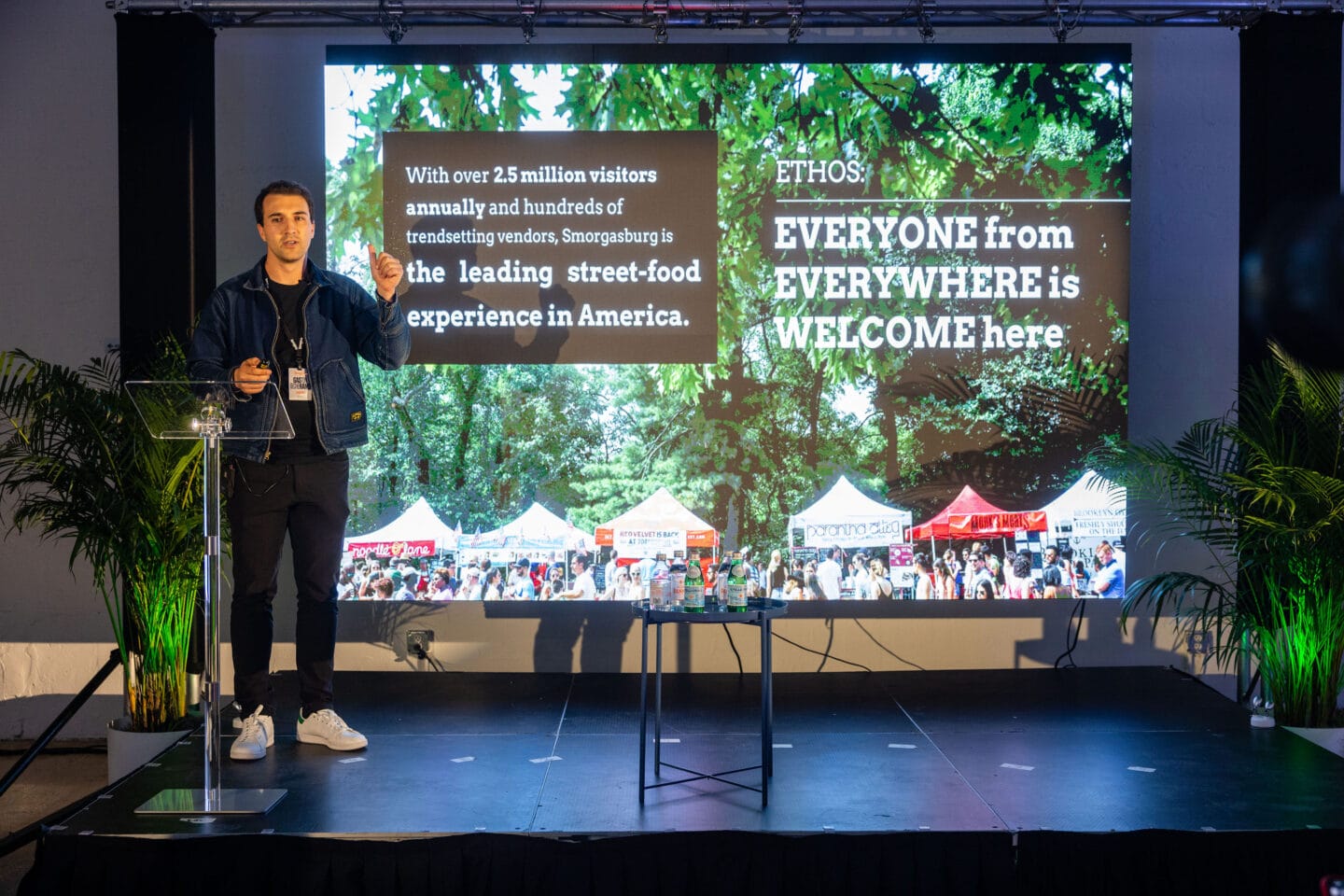
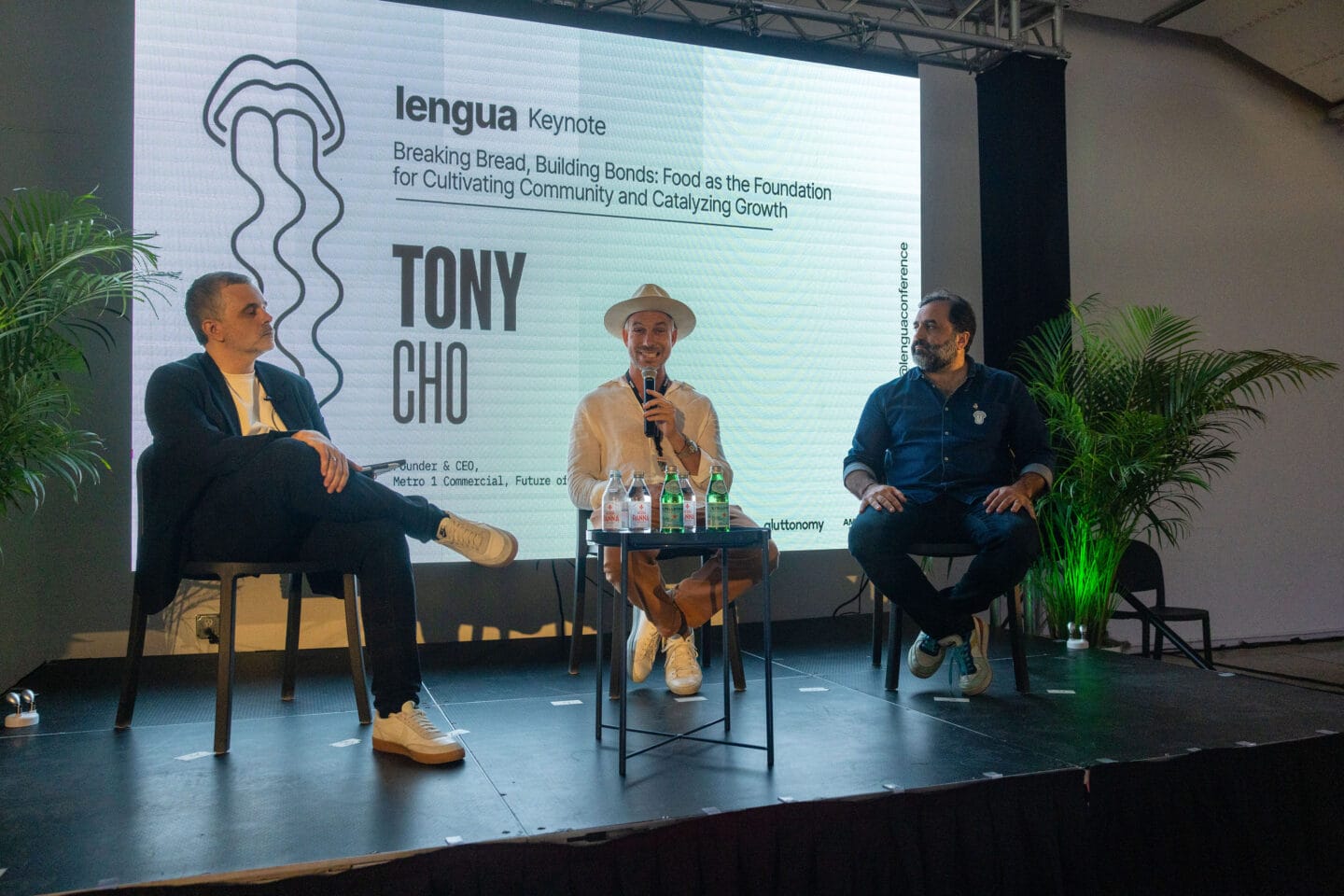
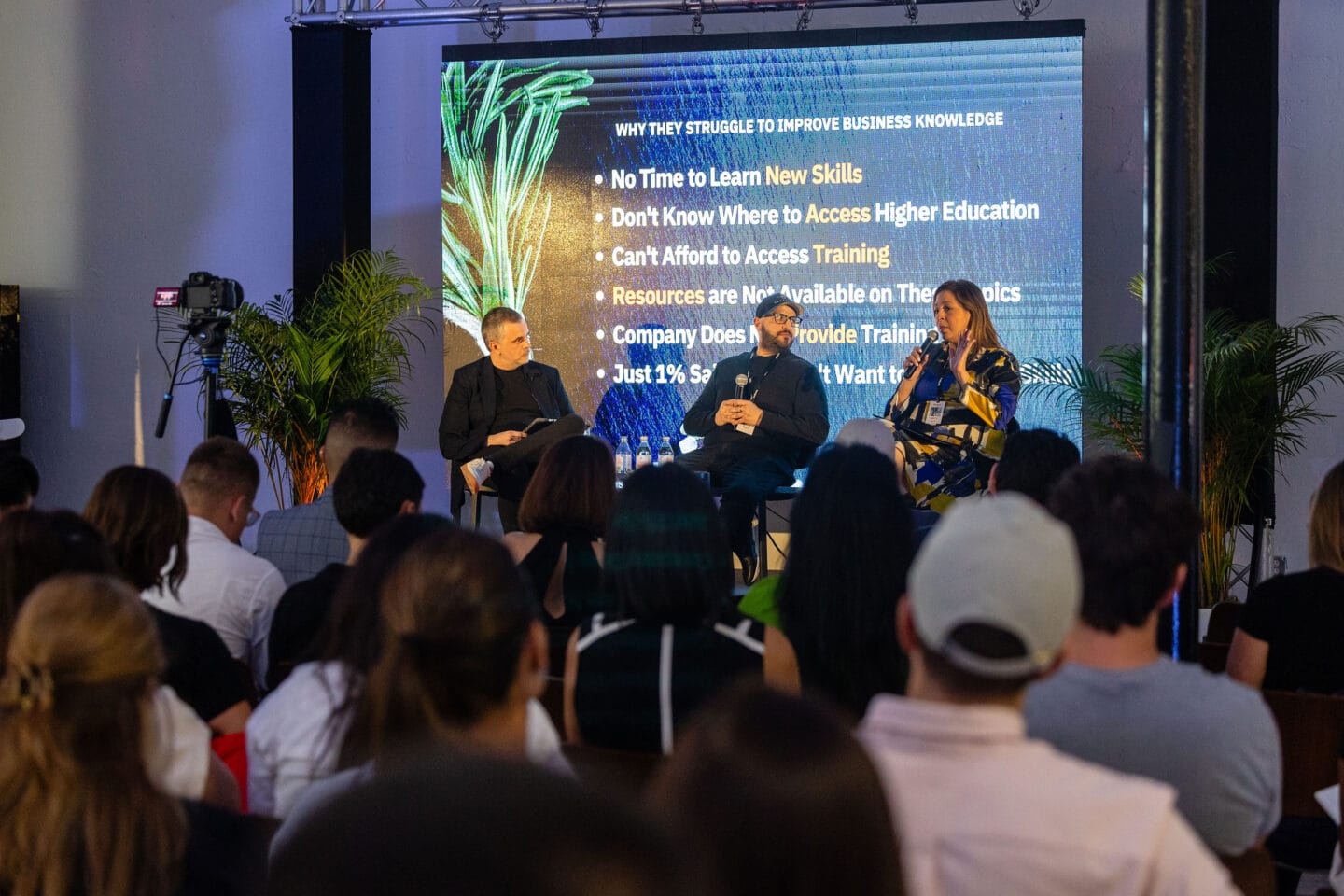
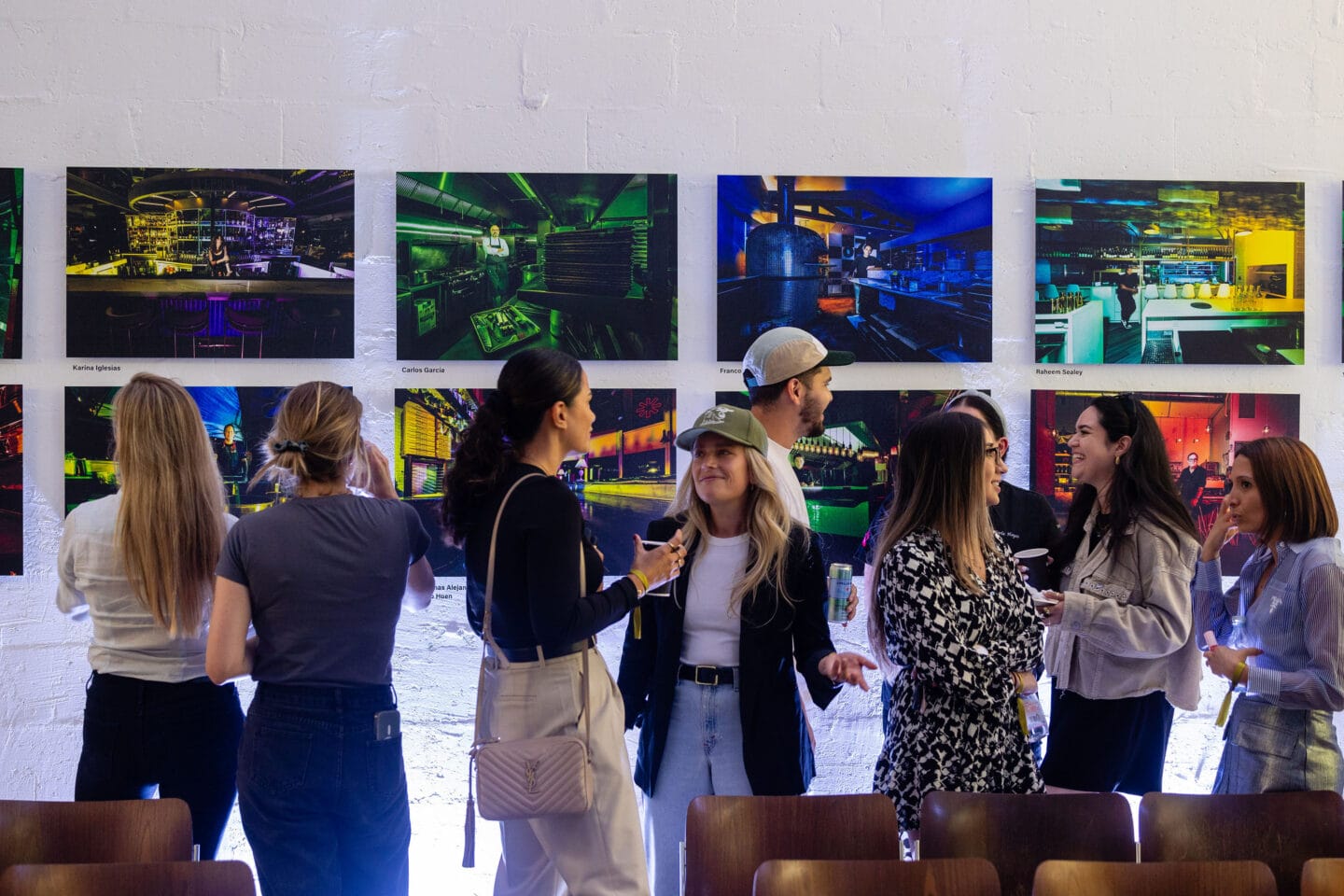
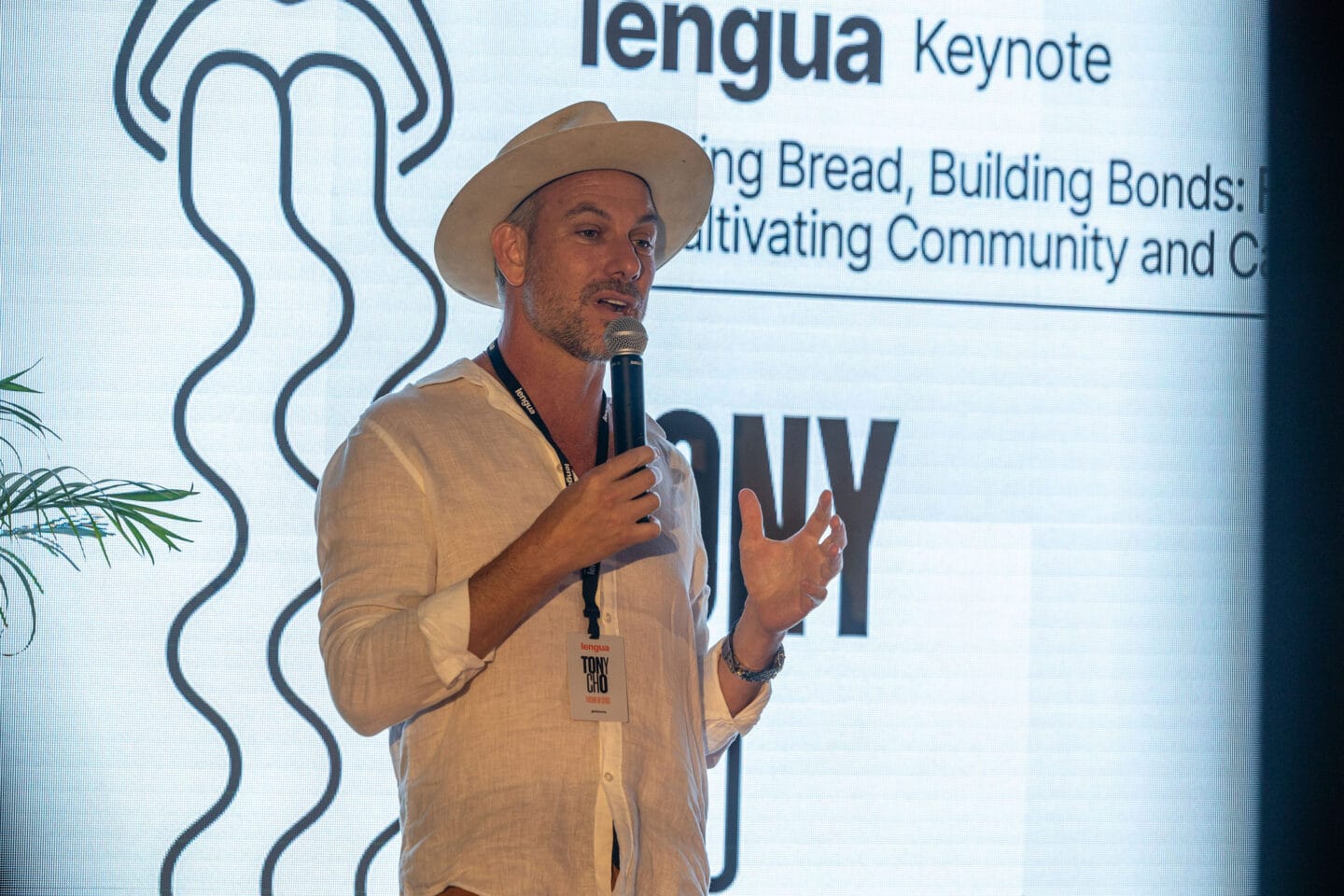
The only place where food industry professionals, chefs, and executives come together to learn about food marketing, financing, and innovation.
MUSIC – UNSiN Music Conference & Festival
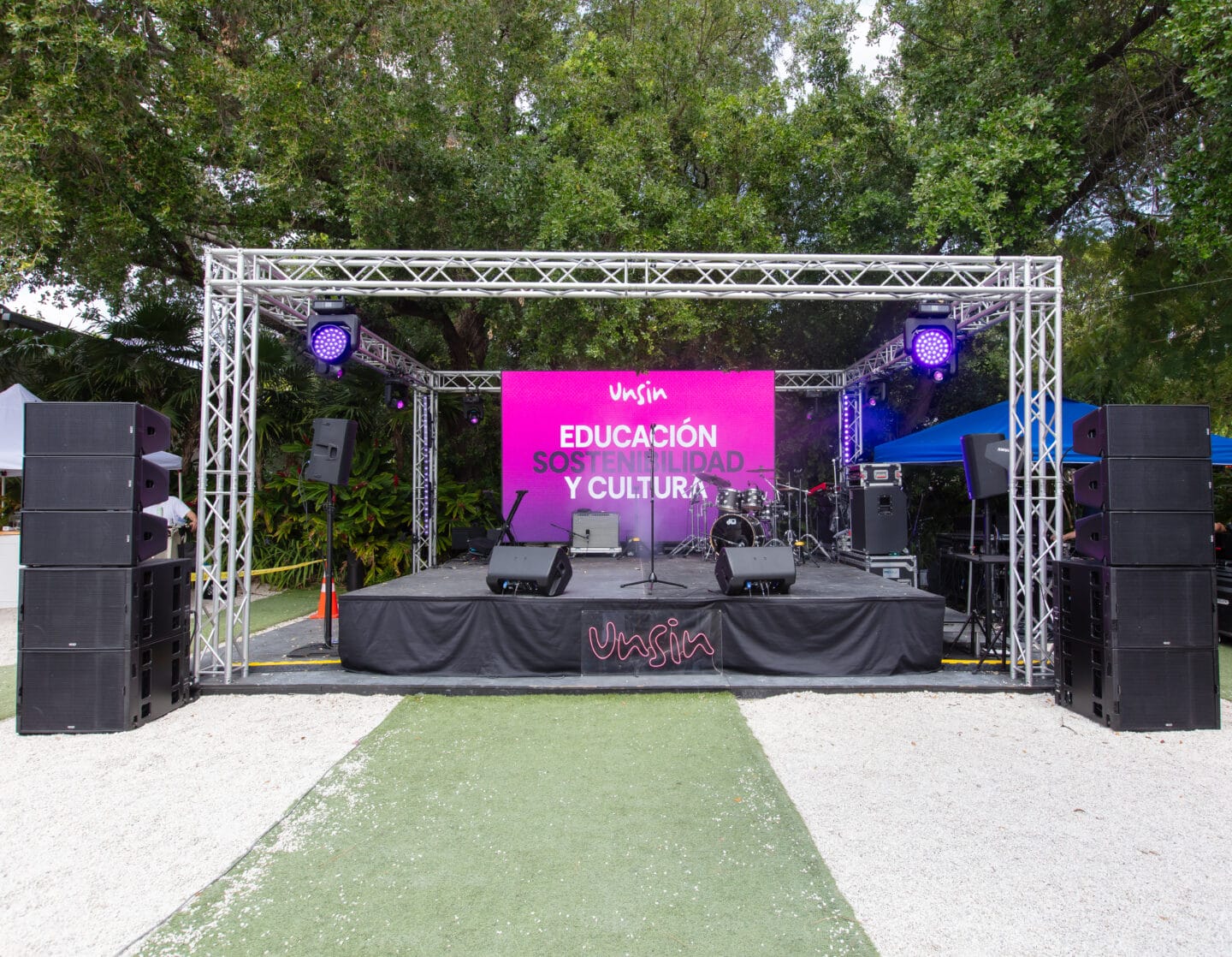
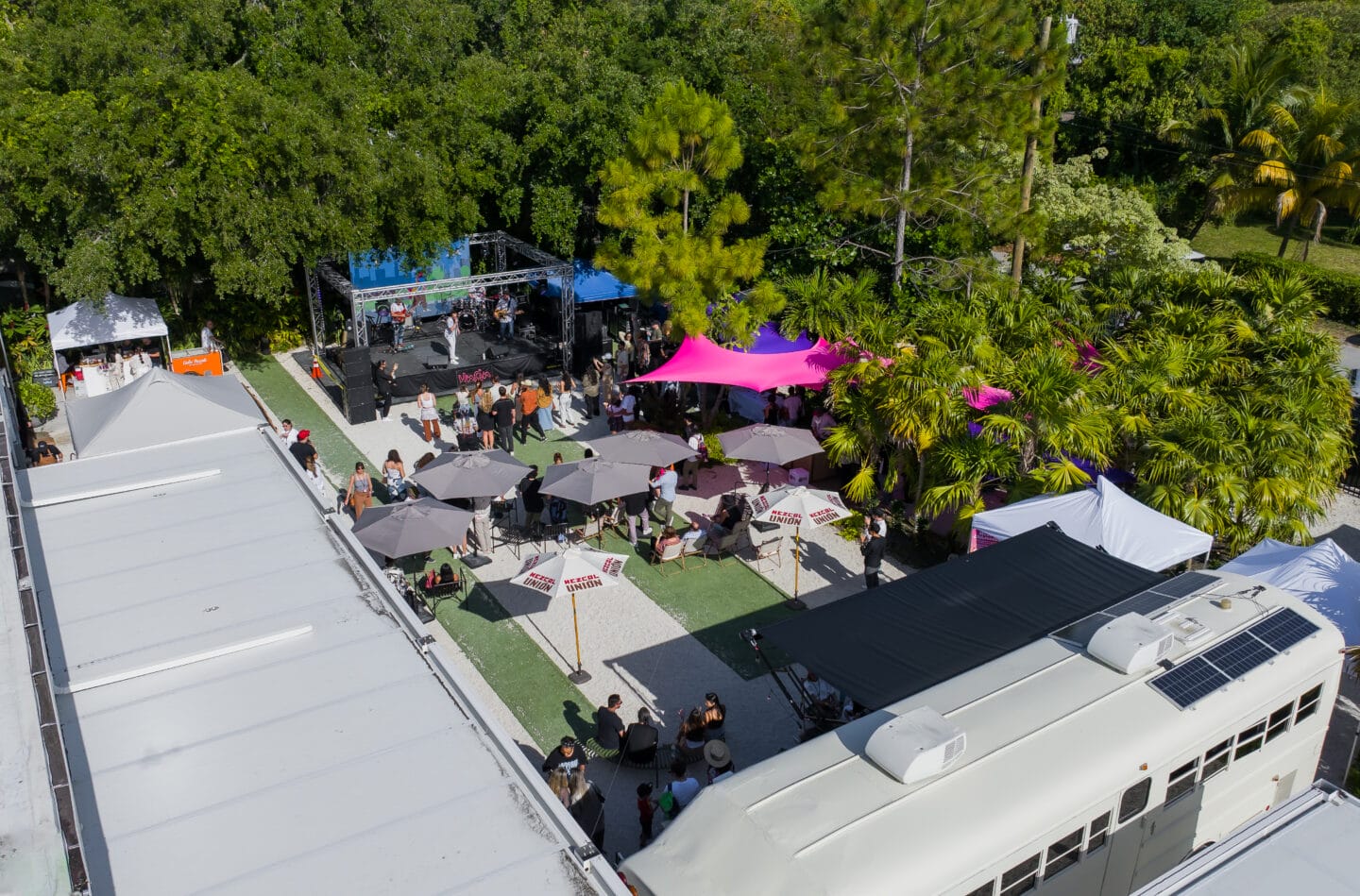
A space carefully designed for creatives, artists, executives and entrepreneurs to know each other, connect, appreciate and grow as a community
Watch the Full event recap HERE
WELLNESS – Mindvalley Health & Body Summit (Virtual)

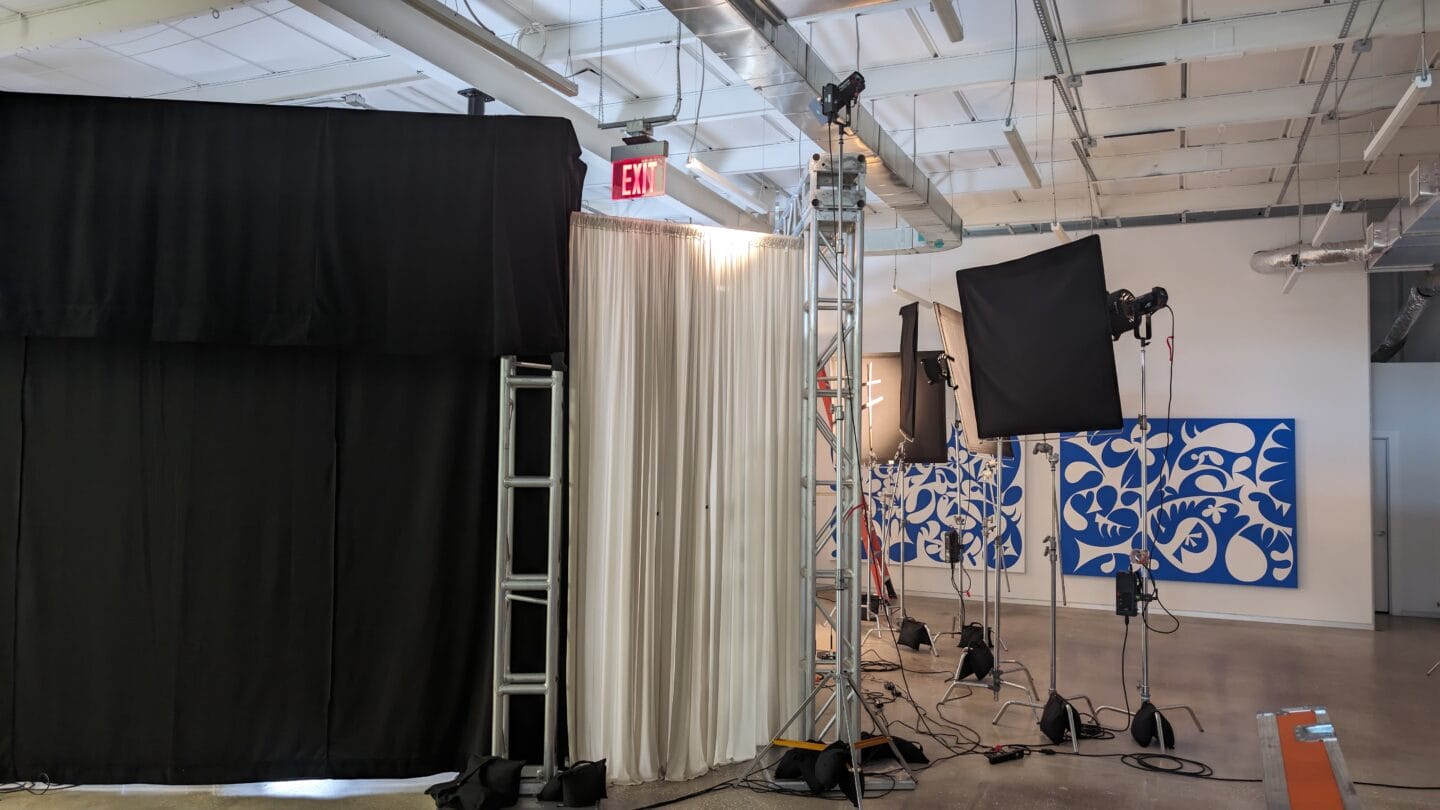
A 3-Day Deep Dive With the World’s Best Health, Wellness & Longevity Experts
Looking to book an event at our Regenerative Event Space at the HUB? Email events@thehubmia.com
SUBSCRIBE TO THEHUBMIA.COM
Demonstrating the value of art and innovation for neighborhood revitalization in the heart of Jacksonville, FL
Phoenix Arts & Innovation District is a pioneering organization dedicated to the practices of creative placemaking, regenerative development, and adaptive reuse of commercial real estate. We are passionate about transforming spaces into vibrant, sustainable, and inclusive environments that foster community and creativity.
PROJECT UPDATES
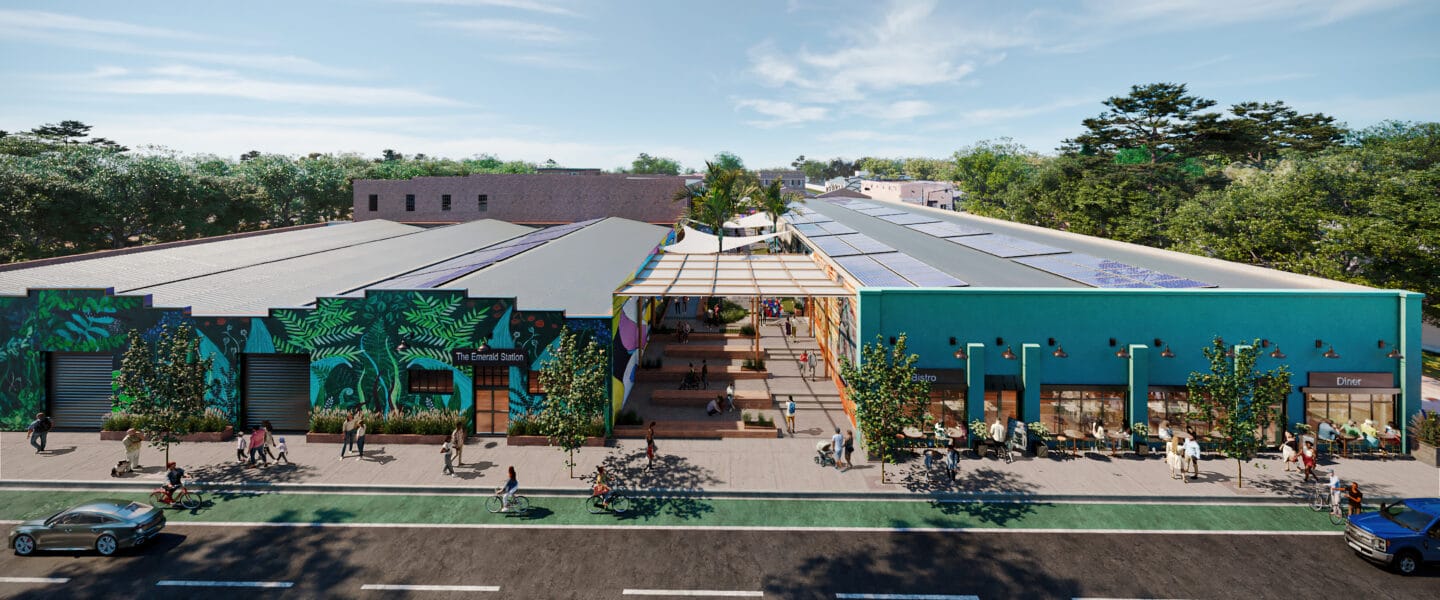
Last week our Director of Community Engagement, Emily Moody and our Land Use attorney from Rogers Towers, Emily Pierce, successfully went in front of the City Planning Commission for unanimous approval of our PUD (Planned Unit Development) for the rezoning of our full 8.3 acre district. The final City Council vote will happen on June 18th. We have been diligently meeting with each and every council member on this and have been receiving positive feedback and support.
EMERALD STATION
It’s almost time to start hard hat tours for the Emerald Station! The 100 year old Emerald Station building houses a mix of 25 creative office spaces, a community gathering space and a 500 person event venue. Our team is on track to open in early Fall 2024 and is pre-booking both the offices and event venue now. This will become the creative and innovative HUB of the district with The Emerald Trail passing directly behind, offering convenient and accessible public transportation to and from the Arts & Innovation District including a small business incubator & accelerator program powered by Future of Cities | PHXJAX.
EMERALD TRAIL | “MILESTONE MOMENTS”
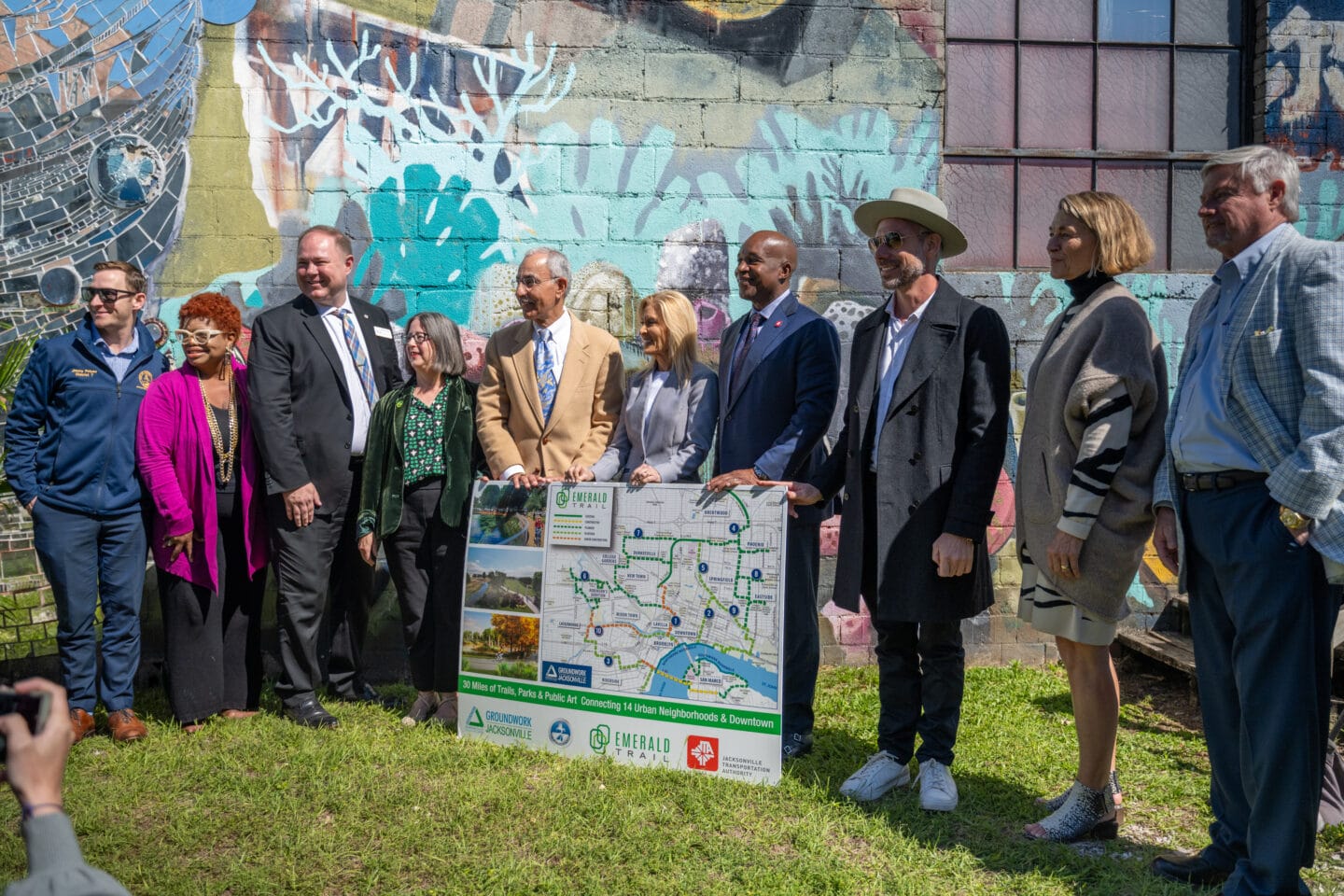
“The City of Jacksonville, Groundwork Jacksonville and the Jacksonville Transportation Authority (JTA) are celebrating a ‘major victory’ in their commitment to delivering the Emerald Trail to the Jacksonville community.”
PHXJAX in the Press | Upcoming Events | Internship Opportunities
Interested in building with us? Email info@phxjax.com for more info.
James Brutus | Website | Instagram
”Delivrance” ~ Indoor mural for the Climate & Innovation HUB powered by Future of Cities in Ti Ayiti | Little Haiti. Latex Paints on Walls | 20ft by 20ft (Stairway)

“In Haitian society, where formal job opportunities are scarce, women take on the role of primary caregivers and often rely on informal trade as their main source of employment. Referred to as the ‘Poto-mitan’ or ‘backbone’ of their communities, Haitian women bear the weight of family responsibilities, from nurturing children to providing economic support. Many, particularly those without access to education, turn to informal commerce, selling agricultural produce and other essentials. This mural pays tribute to the resilience and strength of Haitian women, depicting a central figure gracefully balancing a basket of fruits on her head, a skill that speaks volumes about her balance and expertise. Set against the backdrop of urban/rural Haiti, the artwork captures the vibrant tapestry of everyday life, steeped in a rich cultural heritage. Women are depicted navigating rugged landscapes with remarkable ease, embodying a spirit of determination as they fulfill their duties. The mural serves as a poignant reminder of an era when manual labor was indispensable for survival, showcasing the tenacity of Haitian women and their families as they traverse tropical terrain, hills and valleys. It stands as a testament to their invaluable contribution to society and their unwavering ability to surmount obstacles with grace and resilience. The title ‘Delivrance’ is in loving memory of my mother, Delivrance Brutus.”
JAMES BRUTUS
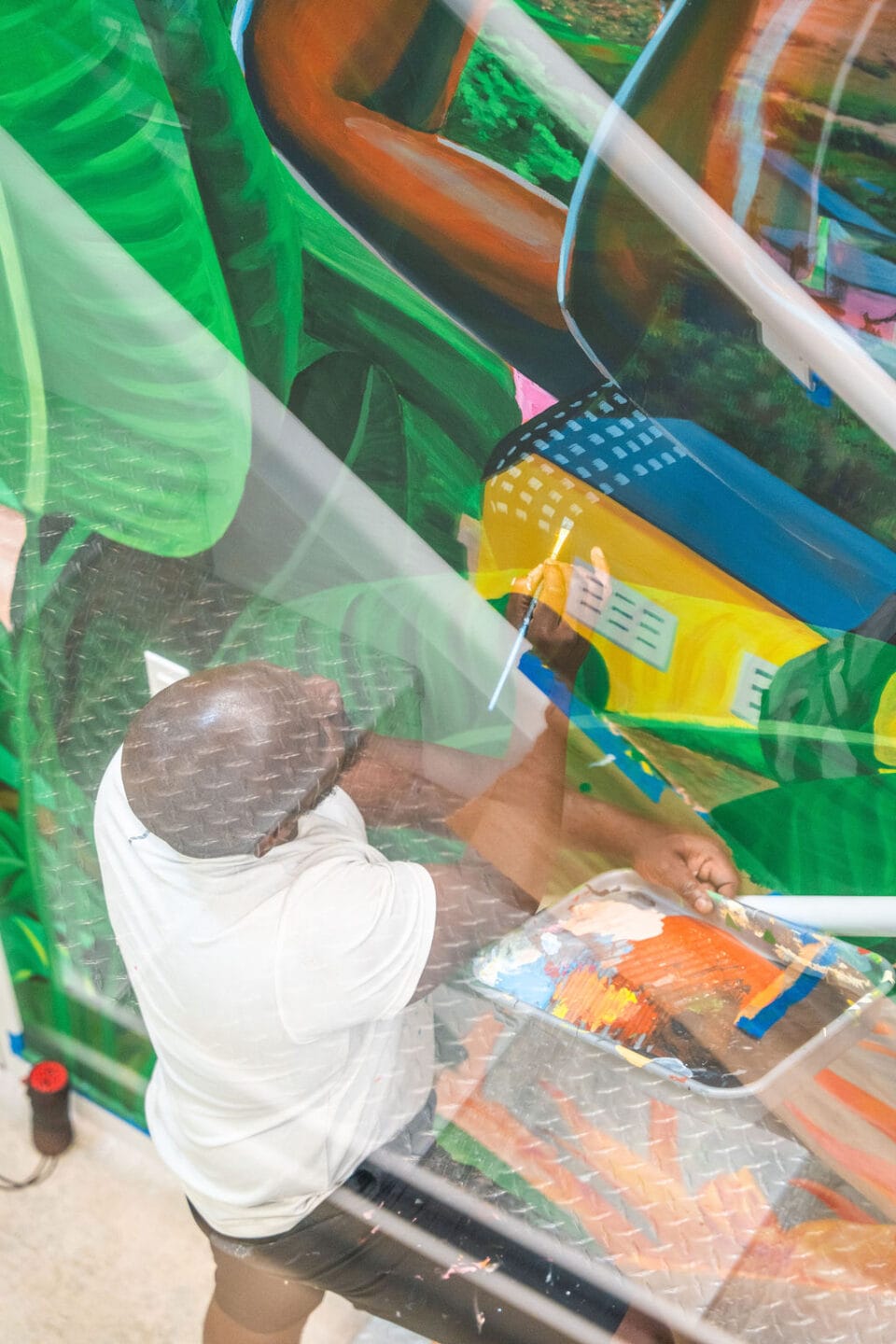
Shot by VACO Studio
James Brutus is a Haitian-American artist hailing from the vibrant city of Miami, Florida whose artistic journey has been a lifelong adventure that began during the earliest days of wielding crayons. Learn more about James’ work, mission and inspirations HERE.

Participatory Co-Design & Proactive Balance for Regenerative Futures
“Oceans should be viewed as bodies of water that connect people, cultures, and nations, not separate them.”
Professor Ramsay Taum, Blue Continent
Oceans Month is almost over but the life beneath the surface continues to thrive. Our oceans are our greatest teachers of collaboration. This month we’ve been in awe of our underwater friends and their ability to move together & protect each other.
At Future of Cities headquarters we’ve been focusing our attention on Ecological Balance, our giving and receiving, ebbing and flowing, slowing down to listen to the wisdom that lies at the depths of the oceans, beneath our soils, in the rays of the sun & through the powers of the wind.
Preserving our planet’s ecosystems involves deep listening, participatory co-design, co-creation, collaboration and the implementation of varied practices and technologies for maintaining an active balance within the built environment. There is no one size fits all solution and cohabitating requires cooperation.
Ecological balance…
A foundational principle of our Regenerative Placemaking framework is “ecological balance.” Ecological balance is fundamental to mitigating biodiversity loss and securing a more sustainable future for the next seven generations. Within ecological balance we honor our past to teach us how to harmoniously adapt & coexist with the various climate changes at hand in the present. The intricacies of ecosystems is a complex web of interconnectedness which requires active participation and continuous balancing for lasting change.
This month, as we immerse ourselves in the oceans of change, we’ve been wondering, with all that the ocean selflessly provides for us, in what ways can we continue to innovate and give back to our oceans?
As conscientious stewards of digital technology & ecological policymaking, we have a shared responsibility to deploy efforts and resources to preserve indigenous cultures while simultaneously recognizing, honoring and amplifying the immense contributions that indigenous leaders and communities are continuing to make towards modern technological advancements.
At the end of May we gathered for a historic geopolitical event with some of our close partners and global leaders at the ChoZen eco-retreat for a roundtable on regenerative technologies and cultural identity. Our Future of Cities team joined in a land blessing, with prayers led by Hawaiian indigenous leader and professor Ramsay Taum.
During their time at ChoZen, Blue Continent Institute generously shared with us their visions and goals on cultural respect and identity, passing on perspectives of island states and their depth of understanding for the importance of ecological balance beginning with the ocean.
The wisdom that the ocean carries gifts us many insights, beyond water as natural wonders or utility for human transactions, and instead takes us on a much deeper journey to look within ourselves for the inner knowing that we are made of the ocean and are not separate from it.
FOLLOW US on Instagram to catch the next waves or SUBSCRIBE to our newsletter to stay in the loop with all that we’re up to on the ground and underwater.
Future of Cities and Cho Ventures invest in OpenSeed to Bring Tech-Enabled Meditation Pods to Millions
An engaged, healthy, and mindful workforce can truly achieve anything. But now imagine you are a company committed to creating mental wellbeing for your employees, but do not have the room or resources to build or transform a space that will help them achieve this goal in your workplace. That is where OpenSeed solves this problem.

Future of Cities in partnership with Cho Ventures, LP (Tony Cho’s family office) is excited to announce our investment in OpenSeed. Backed by personal transformation visionary Deepak Chopra and world-renowned designer Yves Behar, OpenSeed has developed tech-enabled, prefabricated meditation pods for the workplace (and other public environments) that integrate sound, music, lighting, and aromatherapy to quickly induce calm and facilitate higher states of awareness.
The investment in OpenSeed adds another impact-focused start-up to our roster which champions and catalyzes conscious companies, founders, and allies in the climate, mobility, mindfulness, prop, smart city, and Web3 tech ecosystem focused on ESG outcomes shaping more equitable and resilient cities.
“Supporting OpenSeed to bring meditation to millions of people in busy environments that normally foster frenetic energy and a constant state of stress aligns with our mission to improve living and working in the urban built environment,” said Tony Cho, Future of Cities founder. “The pod blends function and form flawlessly. I believe in the vision of OpenSeed founder Jonathan Marcoschamer and the chance to join this company on their journey is an exciting opportunity.”
In addition, OpenSeed will be joining Future of Cities at our new co-working space and innovation complex in Miami’s Little Haiti neighborhood, which is scheduled to open later this year.

“We are honored to have Future of Cities and Cho Ventures on board our mission to bring meditation pods to millions of people in the workplace and other environments. Although meditation is a powerful tool for alleviating stress and elevating mental health, many companies are lagging behind in creating the proper spaces for it in the workplace. In fact, only 17% of the workplace employees have access to relaxation rooms, including spaces conducive to meditation,” said Jonathan Marcoschamer, CEO & Founder, OpenSeed.
Marcoschamer added, “Tony Cho and his team are the type of value-added investors whom we continue to seek in order to build a strong foundation for our company. Together with strategic investors and well-known partners like Deepak Chopra, we have launched an equity crowdfunding campaign on WeFunder to provide anyone with the opportunity to invest, join us on this journey, and benefit from the upside.”
The OpenSeed investment follows our backing of Dance, a premium e-bike service that aims to make cities more sustainable, active, and connected. Future of Cities is committed to incubating and accelerating founders, companies and technologies that are can rapidly innovate the built environment.
Shaping America’s Role in the Post-COVID World
On March 4th, 2022, Future of Cities participated in the annual digitally mediated Horasis USA meeting. The meeting focused on the United States’ future and how it impacts the rest of the world. With 750 speakers and more than 150 sessions, it was an insightful event that resulted in numerous proposed ideas to positively shape the future of our world.
Tony Cho, CEO and founder of Future of Cities, was on a panel centered around the complexities of new urbanization—chaired by Timothy J. Nichol of Liverpool John Moores University—with Antonio Cantalapiedra of Woonivers, Mayor Eugene W. Grant of Seat Pleasant, Maxim Kiselev of Skoltech, and Avi Rabinovitch of Creative Links.
About Horasis: Horasis is a “global visions community committed to inspiring our future” and offers leaders and companies a platform to go global.
For more content like this, subscribe to our newsletter and follow us on social media!
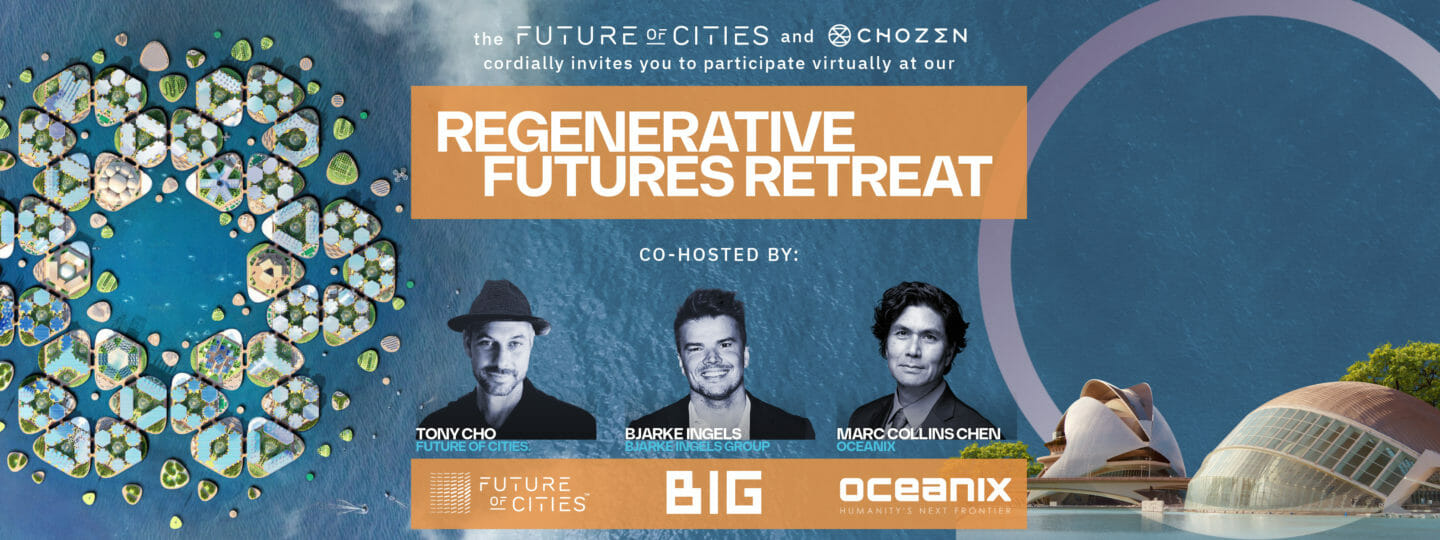

Saturday Feb 5th, 2022
at ChoZen Retreat
ChoZen is an eco-retreat sanctuary nestled along the banks of St.Sebastian river & nature preserve. Our aim is to build a sustainable future for people and the environment in which we all coexist in harmony. Come experience the deep, healing power of nature and community. Take a journey along the ChoZen path with us. www.chozenretreat.com
Co-creating a Regenerative Future
The worlds of architecture and design, climate science, and cryptocurrency converged at ChoZen Retreat in central Florida this February, birthing a vision for what is possible for the future of our planet, and our species.
Anchored with keynotes from Bjarke Ingels, founder of BIG (Bjarke Ingels Group), and Marc Collins Chen, founder of Oceanix, the Future of Cities Regenerative Futures retreat brought together luminaries from every corner of the globe for catalytic conversations around regenerative placemaking.
Content centered around joint project Oceanix, the floating-city brainchild of Ingalls and Chen, which has been blessed by the U.N. Habitat committee as a possible solution to managed retreat, the impending phenomenon of population migration away from coastal lowlands to higher inland ground as a result of sea level rise. Presenting a vision not only for a new type of habitation, but also a new type of society–Ingalls and Chen sparked the imagination of attendees, ranging from entrepreneurs and investors, to real estate developers and technologists.
Additional talks were given in-person by Xavier Hawk, CEO of Phireon Global Partners, Crypto-pioneers Amanda Cassat and Sam Cassat, currently the founder & CEO of Serotonin, and the founder at Aligned Capital, respectively, David Gong, policy researcher at CBRI, and Dr. Sarah Manksi, technologist, scholar and professor at George Mason University. Together, the group explored how blockchain technology provides new tools for reinventing our present societal systems of power, sovereignty, and the transfer of wealth, and could empower a new world governance system piloted by an independent city such as Oceanix.
Ximena Caminos, founder and artistic director for the Reef Line, and Chris Castro, the director of sustainability for the City of Orlando, joined to converse about the role of both technology and art in shaping regenerative spaces right here in Florida. Dignitaries Victor Kisob, former UN Assistant Secretary General, and Mayor Park Heong-Joon of South Korea, also joined to offer thoughts on how governments can support progress and innovation being pioneered in this arena.
A closing talk from Daniel Schmachtenberger inspired listeners to imagine what is possible when reinventing civilization itself–and forming an order built on a decentralized, digital governance system by which individuals could be held organically accountable and in balance with one another.
SESSION I – Introduction to Regenerative Futures
ABOUT: Our first session kicked off an introduction to regenerative futures, highlighting the vision of a regenerative future in Florida, a region with at-risk geography to sea-level rise and flooding. With the devastating effects of climate change, declining biodiversity, and widening inequality globally, inclusive and effective tools like regenerative placemaking are needed as catalysts towards a sustainable future. The conversation touched on global environmental challenges, and identified place-based and community-driven solutions. We discussed how we can take concrete steps towards effective cultural, political, and ecological changes were answered.
Welcome by Tony Cho, CEO of Future of Cities. Introduction to regenerative placemaking as a tool for urban transformation within the built environment. Lead discussion into what regenerative futures are and the vision of a regenerative future in Florida.
Transition by Victor Kisob, former UN Assistant Secretary-General and former Deputy Executive Director of UN-Habitat who discussed the global challenge of doubling the built environment in the next 40 years and what this means for coastal cities like Lagos, Nigeria or Dar Es Salaam, Tanzania, both projected to have over 50 million residents by 2060.
Final discussion about some global regenerative solutions by Bjarke Ingels of Masterplanet and Bjarke Ingels Group, his vision and some sample global projects.
Open discussion with in-person and virtual attendees.
About the Speakers:
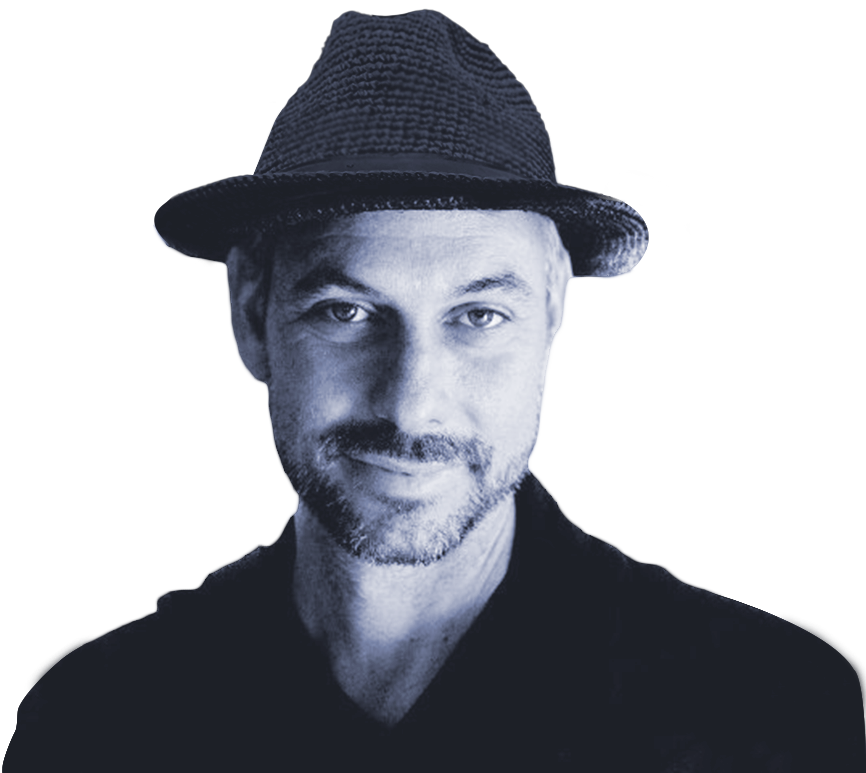
Tony Cho: Tony Cho is the founder and CEO of the Future of Cities Platform, a multi-faceted organization aimed at impacting the lives of 1 billion people through innovations in the built environment. Cho is also the founder of Metro 1, a forward-thinking real estate brokerage, management and development firm focused on shaping neighborhoods and developing sustainable cities in South Florida for more than 17 years. The company has completed over $3 billion in real estate transactions since 2005 and has been recognized every year since 2011 as one of the top 25 commercial real estate firms by the South Florida Business Journal. As an entrepreneur and early pioneer in Wynwood, Mr. Cho served as a founding member of the Wynwood Business Improvement District (BID), and championed the progressive rezoning of the area — known as the Wynwood NRD (Neighborhood Redevelopment Plan) — which transformed blighted streets into a diverse, 24-hour mixed-use arts and entertainment district. Mr. Cho is the founder of the Magic City Innovation District, which is transforming 18 acres of industrial warehouses and land in Little Haiti into a center for innovation, jobs and creativity. This 8,000,000 square foot, multi-year, mixed-use project will help spur economic, social, and cultural growth while providing an access point for jobs in an underserved community.
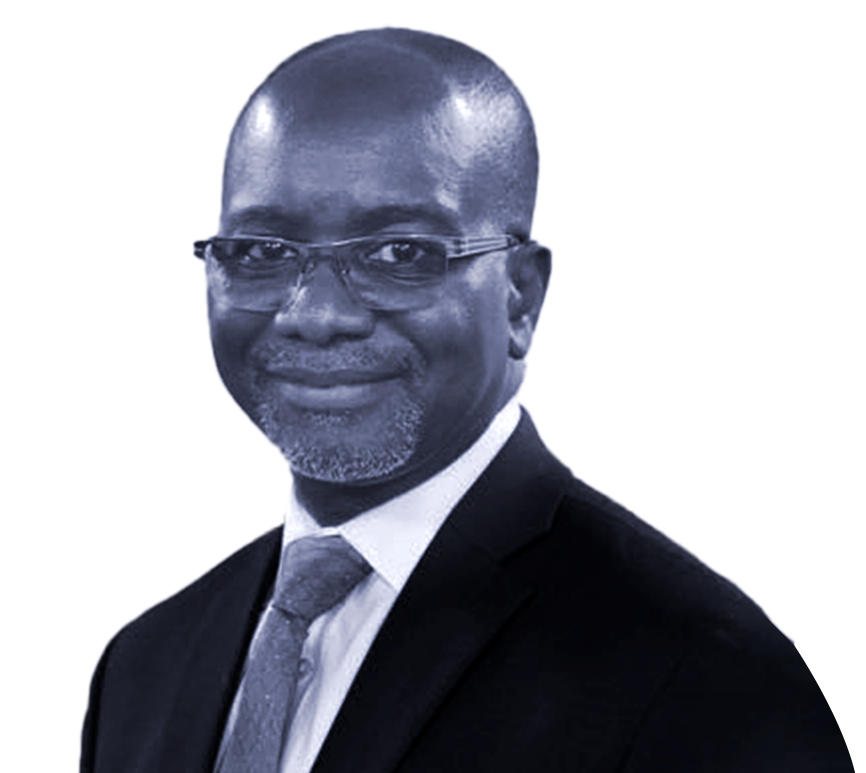
Victor Kisob: Victor Kisob is the former UN Assistant Secretary-General and former Deputy Executive Director of UN-Habitat where he provided global leadership in promoting socially and environmentally sustainable human settlements and adequate housing for all. As cities face unprecedented demographic, economic and spatial challenges, Mr. Kisob worked closely with government leaders at both the regional, national and city level to implement the United Nations’ New Urban Agenda. He held this position from 2018 to 2021. Mr. Kisob has more than three decades of service in human resources management, spanning international affairs, policy, strategy, operations, and partnerships. He has extensive international experience, and was previously stationed in Israel, Palestine, Austria, Somalia, Zambia and Ethiopia.
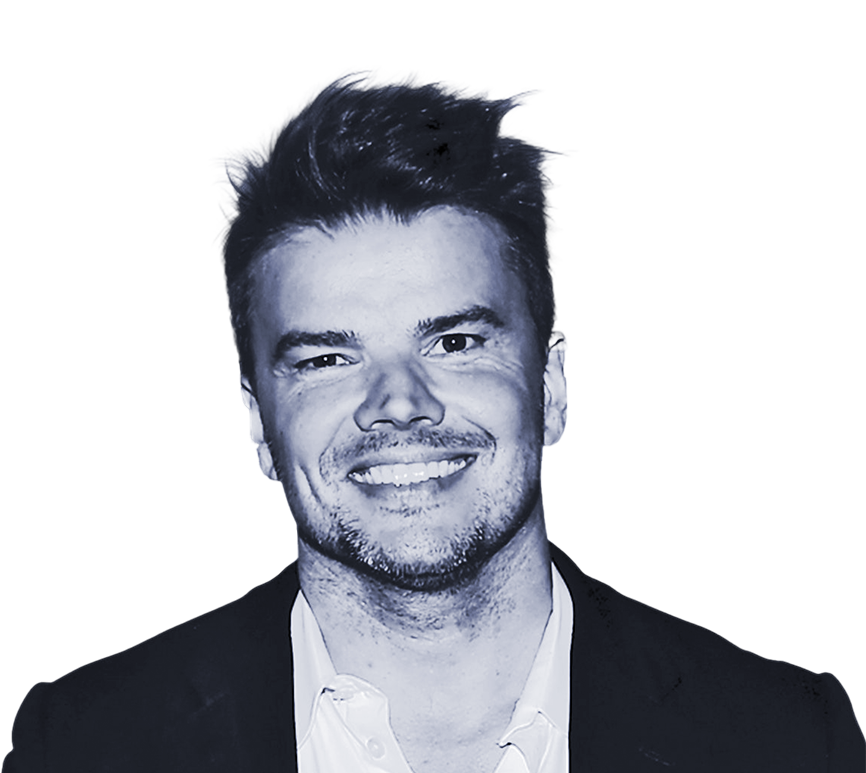
Bjarke Ingels: Bjarke Ingels founded BIG – Bjarke Ingels Group in 2005 after co-founding PLOT Architects in 2001 and working at OMA in Rotterdam. Bjarke defines architecture as the art and science of making sure our cities and buildings fit with the way we want to live our lives. Through careful analysis of various parameters from local culture and climate, everchanging patterns of contemporary life, to the ebbs and flows of the global economy, Bjarke believes in the idea of information-driven design as the driving force for his design process. Named one of the 100 Most Influential People in the World by TIME Magazine in 2016, Bjarke has designed and completed award-winning buildings globally. Alongside his architectural practice, Bjarke has taught at Harvard University, Yale University, Columbia University, and Rice University and is an honorary professor at the Royal Academy of Arts, School of Architecture in Copenhagen.
SESSION II – Emergent Technology Solutions: The Promise of Blockchain, DAOs and Web3 as tools for a more equitable, resilient & Regenerative Future.
ABOUT: The promise of blockchain to decentralize and democratize access to real assets, including real estate has the potential to dramatically disrupt the built environment and help to create a more equitable future for all of humanity. DAOs, NFTs & Web3 offer new opportunities for co-designing regenerative futures that allow for more inclusive participation and full transparency. In this session, experts explored current ideas, thinking and platforms that are accelerating this transition from the current paradigm to a new paradigm with the potential to dramatically impact our future.
Xavier Hawk – CEO of Phireon Global Partners
Amanda Cassatt – Serotonin Co-founder & CEO
Sam Cassatt – Founder at Aligned Capital
Dr. Sarah Manski, Assistant Professor, Business/Global Affairs at GMU researching the Political Economy of Blockchain Technology
Open discussion with virtual and in-person attendees
About the Speakers:
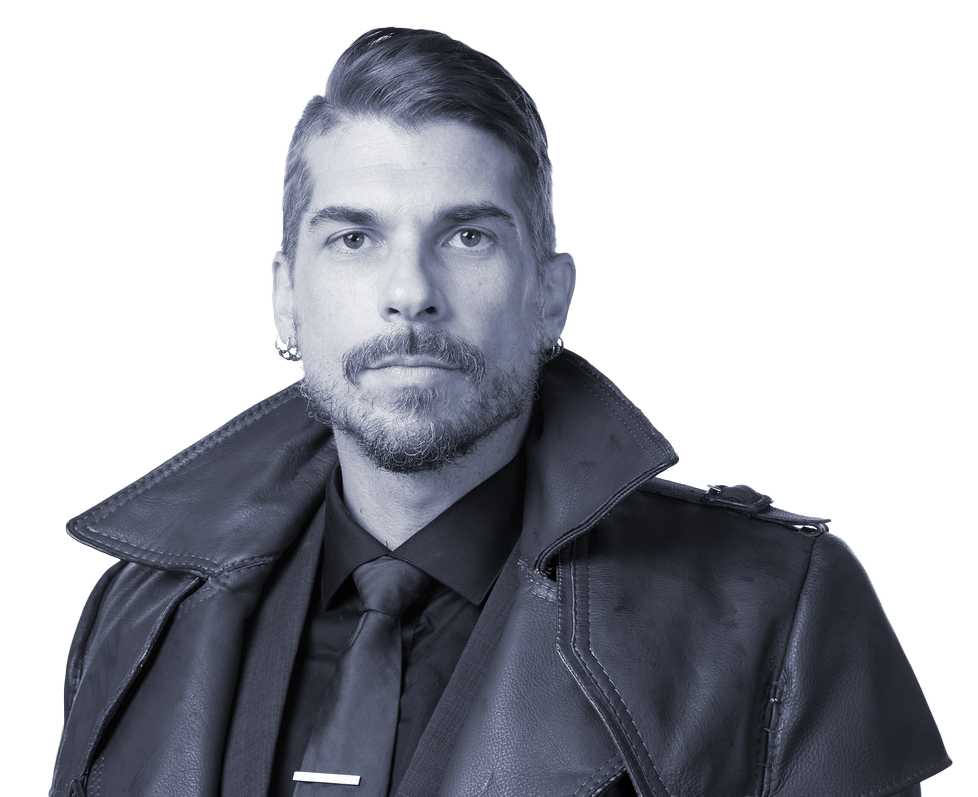
2:00pm – 2:20pm
Xavier Hawk
CEO of Phireon Global Partners
Xavier Hawk is a Wildly Charismatic Genius CEO of Phireon Global Partners & host of BASELINE, who architected the world’s first stable priced multi asset backed crypto currency and negotiated the first Blockchain for a nation. He is an entrepreneur, blockchain expert, permaculture design expert, complementary currency consultant, renewable energy advocate, artist, and humanitarian. A keen speaker and advocate of sustainability projects, humanitarian causes, and complementary currencies, Xavier has shared his vision and expertise across a range of key media platforms around the world, including; magazines, radio and television. He has spoken about Blockchain technology on stages in LA, San Fran, NY, Miami, London, Paris, Hong Kong, Melbourne, and Tel Aviv.

2:20pm – 2:40pm
Amanda Cassatt
Serotonin Co-founder & CEO
Amanda Cassatt is an explorer of technology, economics, and culture. An early crypto entrepreneur, she helped bring Ethereum to market as ConsenSys’ Chief Marketing Officer from 2016 through 2019. During that time, Amanda also created Ethereal, the crypto cultural event series that hosted some of the first NFT galleries and popularized Ethereum from SXSW to Davos. Amanda currently serves as CEO of Serotonin and President of Mojito. She was included on both the Forbes and Inc. 30 under 30 lists in 2016, and speaks at events from TechCrunch Disrupt to the WEF. Her work on Ethereum and NFTs has been covered in The New York Times, The New Yorker, and Rolling Stone.
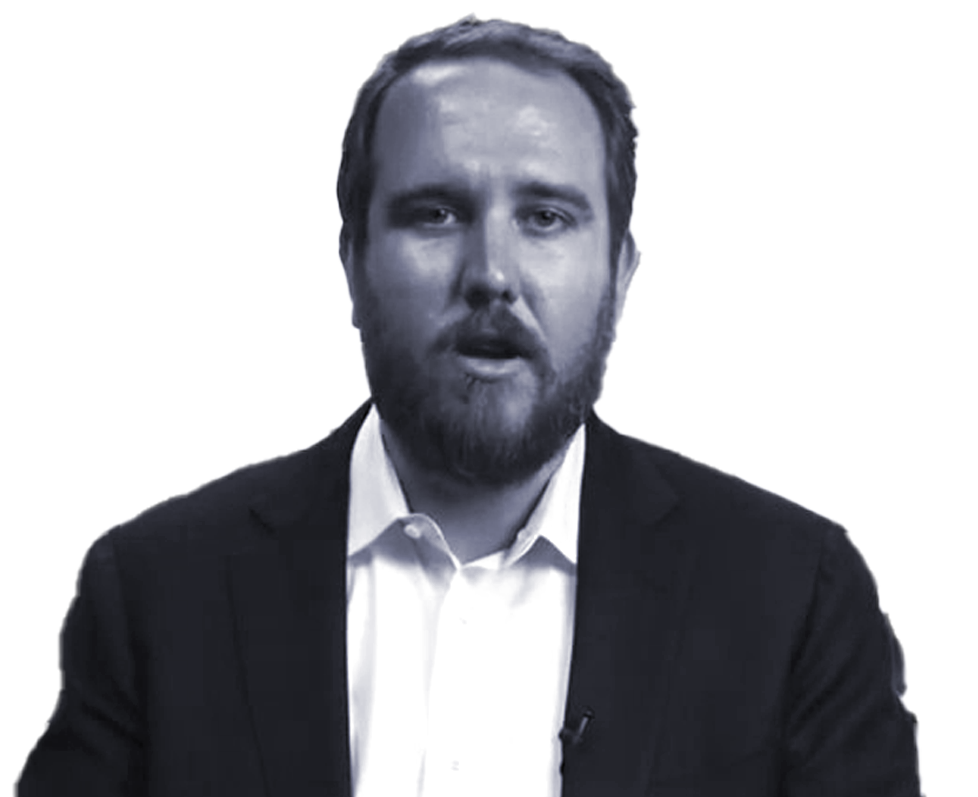
2:40pm – 2:55pm
Sam Cassatt
Founder at Aligned Capital
Aligned capital a new investment firm designed to anticipate civilization-scale, evolutionary changes in human behavior, and to invest in their core technologies.

2:55pm – 3:10pm
Dr. Sarah Manski
Assistant Professor, Business/Global Affairs at GMU researching the Political Economy of Blockchain Technology
Dr. Manski is a scholar of technology, political economy, commons economics and globalization at George Mason University. She studies uses of technology for popular sovereignty. Her research is situated at the intersection of global business, new technologies, and social enterprise concerning commons-based peer production, self-sovereign identity, generative value accounting, supply chain transparency, and strategic approaches for constructing a 21st century technological commonwealth. Dr. Manski is a widely cited author, speaker at technology conferences globally, advisor to VERSES.io and the Civana Foundation, affiliate researcher with the P2P Foundation and the George Mason University Center for Social Science Research (CSSR), and Expert Reviewer for the National Science Foundation’s SBIR program.
SESSION III – Sustainable Solutions for a Resilient Florida /Sustainable Policy Framework + OCEANIX + ReefLine
ABOUT: In our final session, we discussed and explored sustainable solutions and progressive policies right here in Florida and projects like OCEANIX as potential solutions. As a state on the frontlines of rising sea levels and flooding, Florida has been home to many innovative solutions to improve flood resilience.
One of these ideas is that of a floating city which may seem like a utopia, but today, the first self-sustained and resilient floating city is on the way in Busan, South Korea. OCEANIX is a UN-backed project that is proposing a floating, sustainable urban infrastructure to host 10,000 people on the water. Is this the future of resilience in Florida? Join Chris Castro, Director of Sustainability of Orlando, Marc Collins Chen, Co-founder and CEO of OCEANIX, and Mayor Park Heong-Joon of Busan as they delve deeper into sustainable solutions for climate resilience.
Chris Castro, Director of Sustainability City of Orlando, introduced the latest sustainable breakthroughs for Orlando and Florida at large and set the stage for other demonstration projects.
Marc Collins Chen, Co-founder and CEO of OCEANIX City, introduced OCEANIX City and the Busan, South Korea, sustainable floating city prototype project. Floating cities are a new approach to flood resilience, climate adaptation and community development.
Ximena Caminos, Founder and Artistic Director of The Reef Line – introduced The Reef line, a unique project that brings attention to and mitigates the dangers of climate change in Miami Beach, while simultaneously enriching the city’s vivid art scene.
Mayor Park Heong- Joon of Busan, South Korea, spoke about his vision for his city, which is a candidate for Expo 2030, under the theme “Transforming Our World, Navigating Toward a Better Future.” He also discussed the importance of attracting innovations such as blockchain and floating cities to Busan.
Daniel Schmachtenberger, founder of The Consilience Project, spoke on the opportunities of prototyping closed-loop, full-stack civilizations from scratch on the ocean, before becoming an interplanetary species.
Tony Cho: Closing – Why Florida can lead regenerative future urbanization to connect to the land, ocean and space.
Open discussion with in-person and virtual attendees.
About the Speakers:
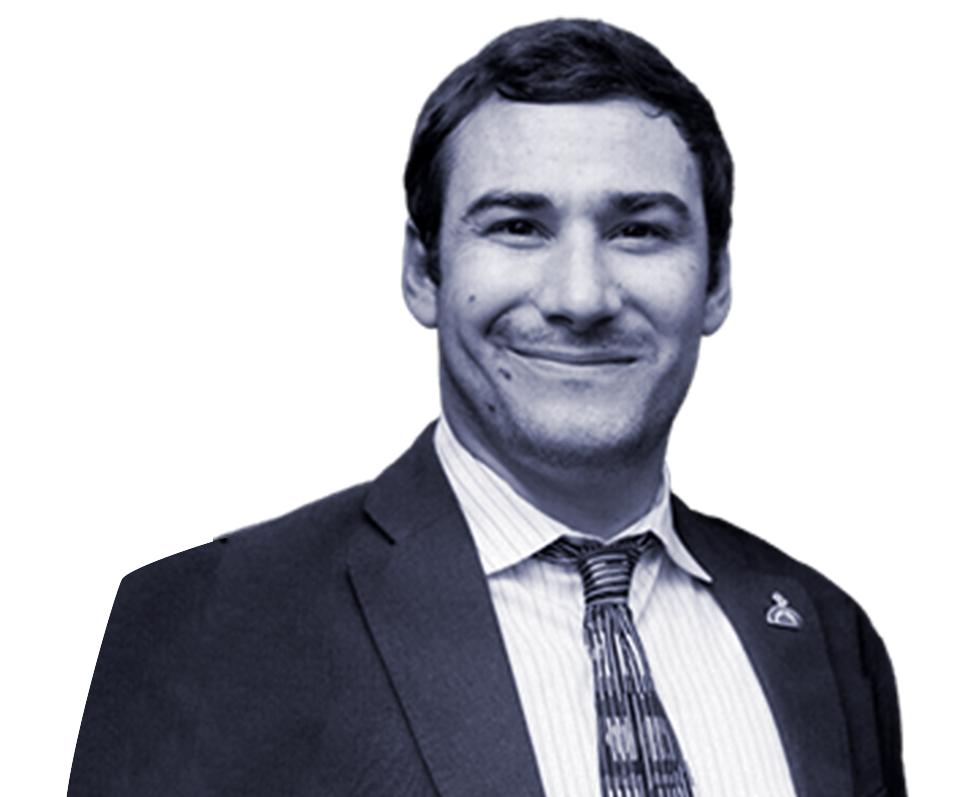
5:15pm – 5:30pm
Chris Castro
Director of Sustainability City of Orlando
Chris Castro is an award winning sustainability professional, eco-entrepreneur, and community organizer with a passion for accelerating the transition to a smart, resilient and sustainable future. Chris is most notably known for his work as the founder and president of IDEAS For Us, an international nonprofit and United Nations accredited organization working to develop, fund, and scale environmental solutions around the World; and co-creator of the renowned ‘Fleet Farming’ urban agriculture program that started in Orlando. Chris is currently the Director of Sustainability and Co-chair of the Smart Cities initiative for Orlando Mayor Buddy Dyer and the City of Orlando.
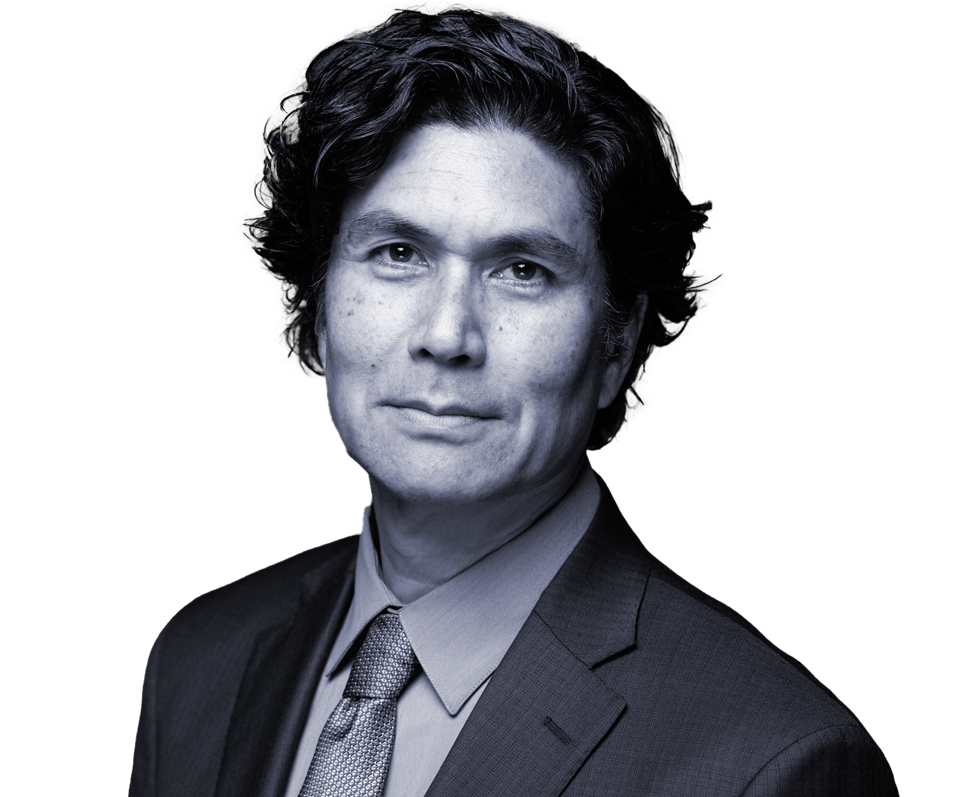
5:30 – 5:45pm
Marc Collins Chen
Co-founder and CEO of OCEANIX City
Marc is an entrepreneur and former government Minister of Tourism of French Polynesia. He has over 20 years of experience leading startups. Marc co-founded OCEANIX in 2018 and has the distinction of organizing the first ever International Conference on Floating Cities to address the impact of sea level rise on Island Nations. He is a frequent speaker at international conferences and media platforms. Marc studied engineering and business management at the University of Texas at Austin. Marc has a cosmopolitan background — born in Hawaii to a Chinese mother and American father, raised in Mexico City, and moving to his ancestral home of Tahiti after college.

5:45pm – 6:00pm
Ximena Caminos
Founder and Artistic Director of The Reef Line
A cultural entrepreneur, Ximena Caminos is a creative powerhouse. Internationally renowned as a non-traditional curator, she’s a cultural agitator who pioneered new ways to approach and discuss contemporary art and cultural manifestations at large. She has been appointed Artistic Visionary Planner for The Underline, the largest public art project in the US as well as Former Artistic Director and Chair of Faena Art and Partner and CCO of the multi-awarded Faena Districts. In 2017 Caminos founded the cross-disciplinary cultural platform HoneyLab. She is a member of the New Museum Leadership Council, Founding Member of the Solomon R. Guggenheim Museum’s Latin American Circle, an XPrize Ambassador and the recipient of many awards, amongst them the Knight Foundation Arts Champion Award, Knight Foundation Arts Challenge Award, and the Blavatnik Family Foundation Grant.
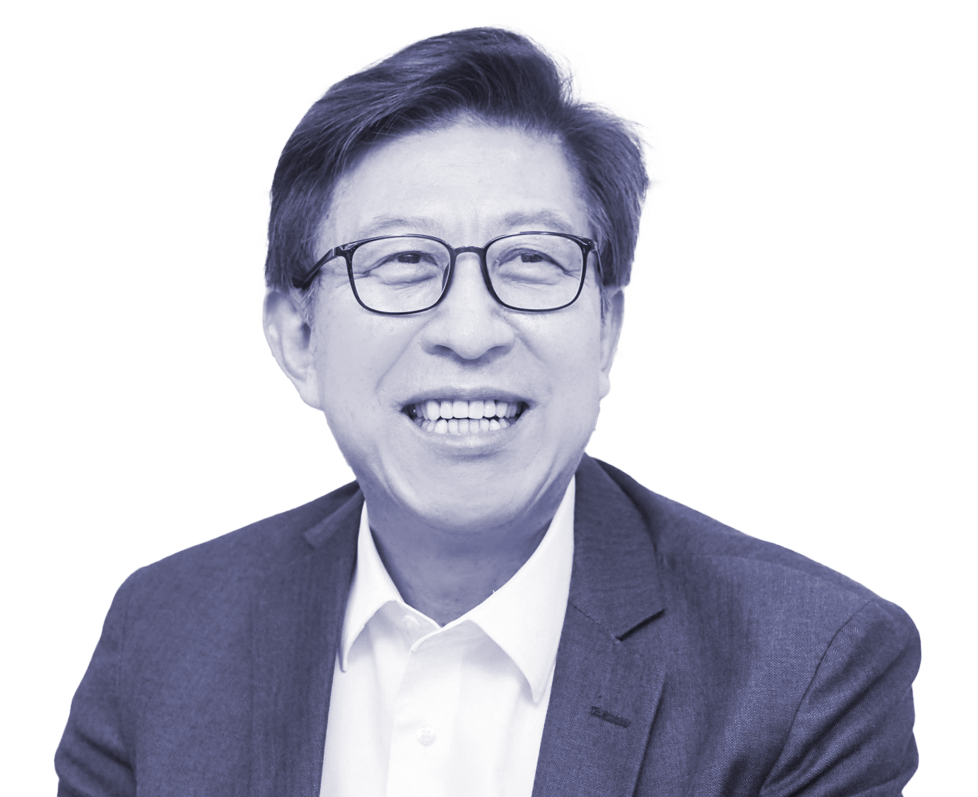
6:00pm – 6:10pm
Mayor Park Heong-Joon of Busan
South Korea
is a South Korean journalist, educator and politician. He was a former professor of the Sociology Department and Graduate School of International Studies at Dong-a University. He has been the Mayor of Busan since 8 April 2021. Park represented the Grand National Party (GNP) in the National Assembly as the Member for Suyeong from 2004 until in 2008. He served as the Secretary-General of the National Assembly from 2014 to 2016. He also served as the Senior Secretary to the President for Political Affairs from 2009 to 2010 under President Lee Myung-bak. Prior to his political career, Park worked as a journalist of JoongAng Ilbo and Monthly Mal.
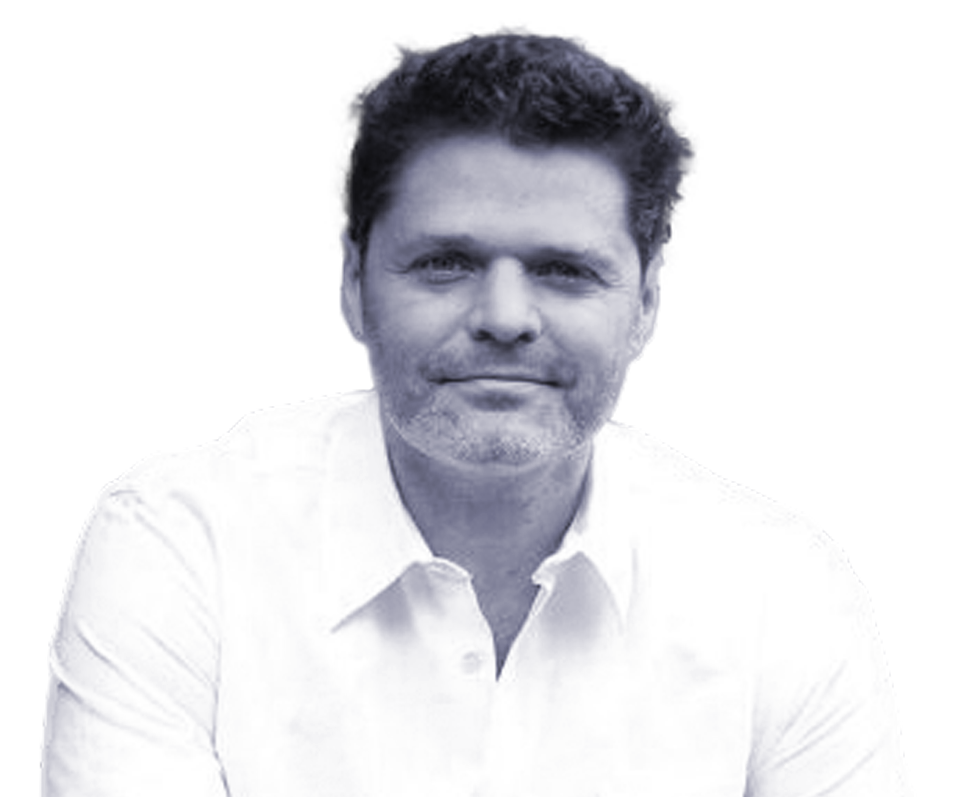
6:10pm – 6:40pm
Daniel Schmachtenberger
The Consilience Project
Daniel is a founding member of The Consilience Project, aimed at improving public sensemaking and dialogue. The throughline of his interests has to do with ways of improving the health and development of individuals and society, with a virtuous relationship between the two as a goal. Towards these ends, he’s had a particular interest in the topics of catastrophic and existential risk, civilization and institutional decay and collapse as well as progress, collective action problems, social organization theories, and the relevant domains in philosophy and science. He is motivated by the belief that advancing collective intelligence and capacity is foundational to the integrity of any civilization, and necessary to address the unique risks we currently face given the intersection of globalization and exponential technology.
